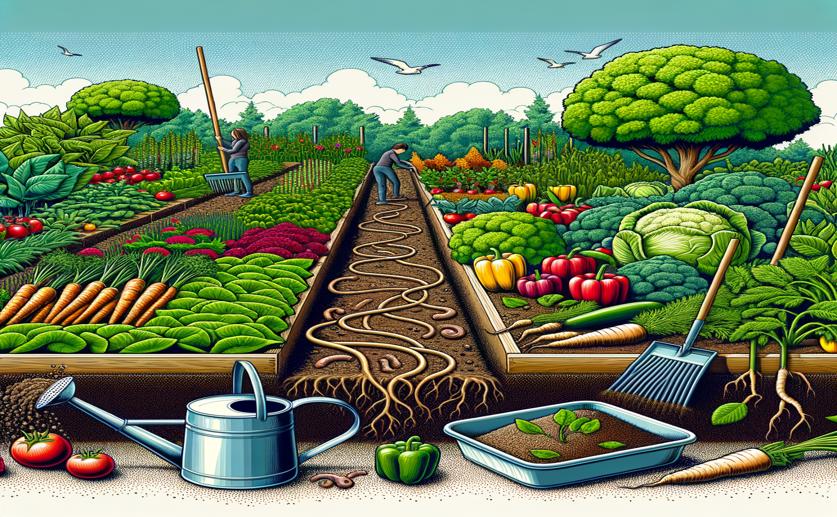
Growing Low Lead Vegetables While Cleaning Garden Soil
Jenn Hoskins
5th April, 2024

Image Source: Natural Science News, 2024
Key Findings
- Study in Nantes, France found certain veggies like tomatoes and beans grow safely in lead-contaminated soil
- Brassica juncea, a plant used for soil cleaning, didn't absorb enough lead to be effective
- Soil management may help reduce vegetable lead uptake, ensuring safer urban gardening
VegetablesSustainabilityAgriculture
References
Main Study
1) Maintaining the cultivation of vegetables with low Pb accumulation while remediating the soil of an allotment garden (Nantes, France) by phytoextraction.
Published 4th April, 2024
https://doi.org/10.1007/s11356-024-33104-4
Related Studies
2) Growth and accumulation of Pb by roots and shoots of Brassica juncea L.
3) Managing health risks in urban agriculture: The effect of vegetable washing for reducing exposure to metal contaminants.
4) Urban kitchen gardens: Effect of the soil contamination and parameters on the trace element accumulation in vegetables - A review.



 23rd March, 2024 | Jenn Hoskins
23rd March, 2024 | Jenn Hoskins